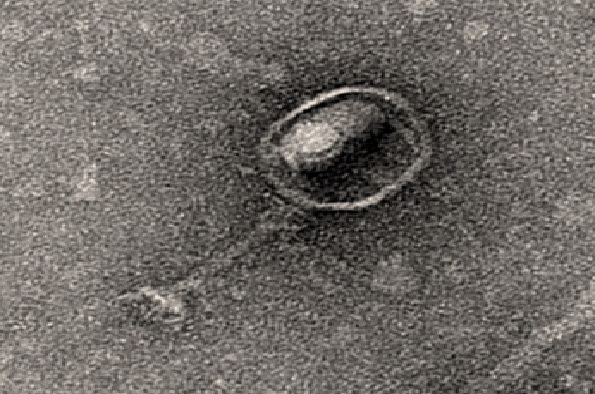
Bacteriophage Genomics: from Seawater to Slurry - Andrew Millard (University of Leicester)
- Jay Hinton
- Suitable for: Staff and students with an interest in Genomes, Systems and Therapeutic Targeting
- Admission: Free event
Add this event to my calendar
Click on "Create a calendar file" and your browser will download a .ics file for this event.
Microsoft Outlook: Download the file, double-click it to open it in Outlook, then click on "Save & Close" to save it to your calendar. If that doesn't work go into Outlook, click on the File tab, then on Open & Export, then Open Calendar. Select your .ics file then click on "Save & Close".
Google Calendar: download the file, then go into your calendar. On the left where it says "Other calendars" click on the arrow icon and then click on Import calendar. Click on Browse and select the .ics file, then click on Import.
Apple Calendar: The file may open automatically with an option to save it to your calendar. If not, download the file, then you can either drag it to Calendar or import the file by going to File >Import > Import and choosing the .ics file.
The vast diversity of bacteriophages results in most genomes containing a high proportion of genes f unknown function. From studying phages present in seawater and cattle slurry, we have begun to uncover the vast diversity of phages and to determine a function for some of the genes they carry. Our work on cyanophages that infect the globally important primary producers Synechococcus and Prochlorococcus have shown they can alter their host's photosynthetic capability and ability to fix CO2. By decoupling C02 fixation from photosynthesis, cyanophage can change their host`s metabolism to provide more energy for phage replication.
